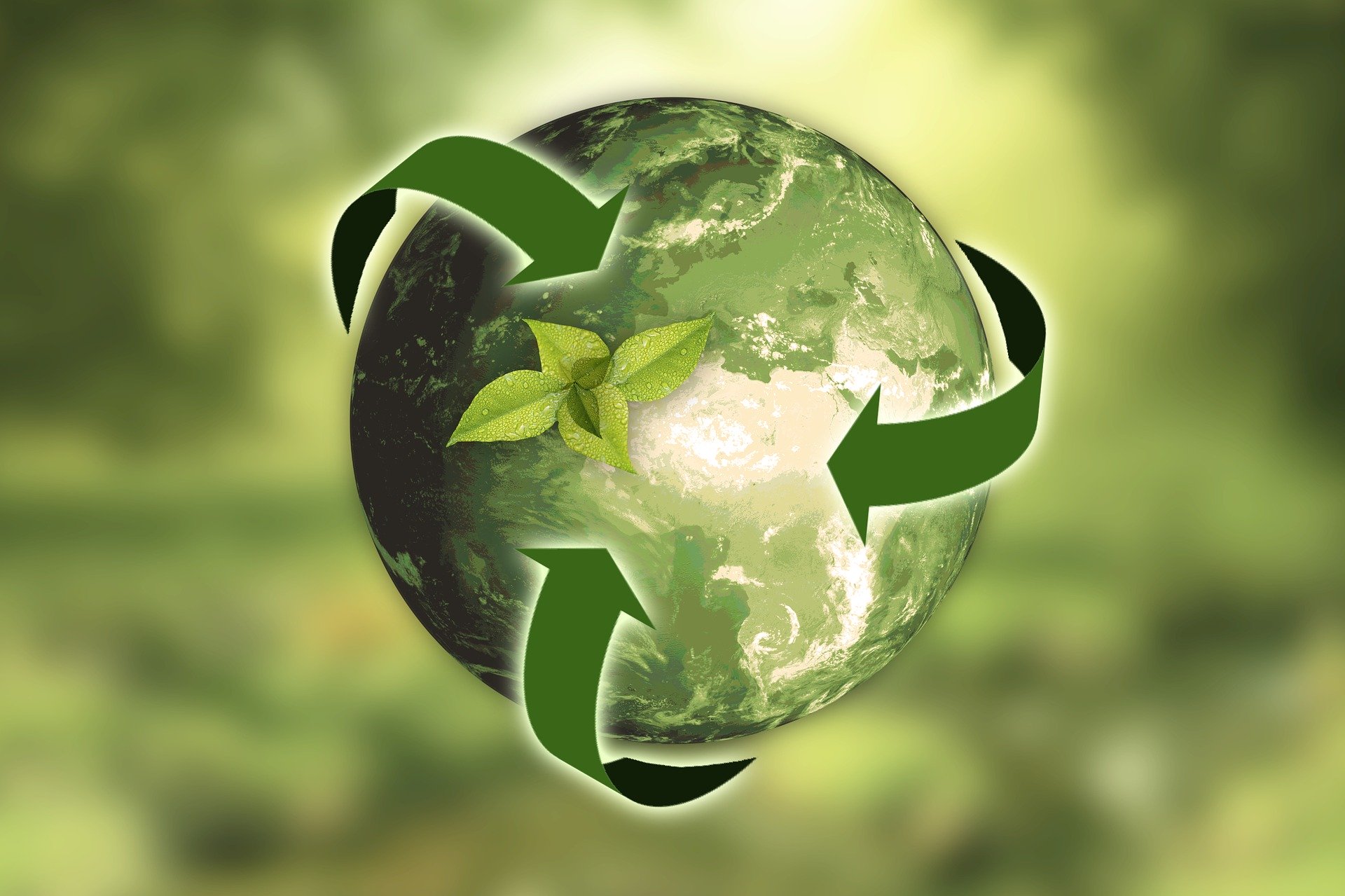The Covid-19 crisis once and for all highlighted the close link between respect for the environment and health, for individuals and for society. The recovery must be sustainable. And the development of the circular economy in every production sector will be the key to the transition. For this reason, it is essential that all international actors - from politics, industry, science - agree on the direction to follow.
Reaffirming the commitment of the major international stakeholders is therefore the purpose of the manifesto drawn up by the Ellen MacArthur Foundation and signed by 50 influential personalities belonging to the world of politics, economics and scientific research.
We publish it below with the names of the signatories.
A solution to build back better: the circular economy
As we rise to the challenges caused by the coronavirus pandemic, the question is no longer should we build back better, but how. Many have already called for a response to the devastating impacts of this pandemic that does not turn attention away from other global challenges such as climate change and pollution. The circular economy offers a solution for how to do so. By designing out waste, keeping products and materials in use, and regenerating natural systems, it creates vital opportunities for economic growth that also restore the environment, create jobs, and benefit society. Leading businesses and governments have already taken important steps towards building a circular economy. The fight against plastic pollution is one example. More than 850 organisations have united behind the Ellen MacArthur Foundation’s vision of a circular economy for plastics and ambitious 2025 targets to achieve it. Now is the time to build on this momentum and do more, not less. As the world faces unprecedented challenges, we* are more committed than ever to accelerating the transition to a circular economy, creating solutions that combine economic opportunity with benefits to wider society and the environment.
For plastics we will eliminate what we don’t need, innovate towards new business models and materials, and circulate all the plastic we do use – keeping it in the economy and out of the environment.
For fashion we will ensure clothes are used more, are made to be made again, and are made from safe and renewable materials.
For food we will redesign products and supply chains to regenerate nature, eliminate the concept of waste, and connect local production and consumption where appropriate.
For finance we will support companies in their transition to circular business models, and mobilise capital towards circular solutions.
And we will not stop there. We can do the same for other industries that have vital roles to play in this recovery, including healthcare, technology, mobility, electronics, chemicals, and the built environment. We call on more businesses, governments, and financial institutions around the world to join us on the journey towards a circular economy, to invest in circular economy solutions, and to raise the ambition level of circular economy targets, while delivering faster against existing ones.
Pascal Canfin, Chair of the Committee on the Environment, Public Health and Food Safety, European Parliament
Brune Poirson, Secretary of State for Ecological and Inclusive Transition, France
Shirley Rodrigues, Deputy Mayor for Environment and Energy, Greater London Authority
Stientje van Veldhoven, Minister for the Environment, the Netherlands
Luiz Alvaro Salles Aguiar de Menezes, Secretary of International Affairs, São Paulo City Hall
Ron Delia, CEO, Amcor
Alan Belfield, Chair, Arup Group
Sir Ian Cheshire, Chairman, Barclays Bank UK
Alfred Stern, CEO, Borealis
Sir Alan Parker, Chairman, Brunswick Group
Marco Gobbetti, CEO, Burberry
Wolfgang Blau, COO, Condé Nast
Emmanuel Faber, Chairman and CEO, Danone
Miles Roberts, Group CEO, DS Smith
Clotilde Delbos, Interim CEO and CFO, Groupe Renault
Helena Helmersson, CEO, H&M Group
Pablo Isla, Executive Chairman, Inditex
Carlo Messina, CEO, Intesa Sanpaolo Group
Jean-Paul Agon, Chairman and CEO, L’Oréal
William McDonough, Chief Executive, McDonough Innovation
Mark Schneider, CEO, Nestlé
Catia Bastioli, CEO, Novamont
Ramon L. Laguarta, Chairman and CEO, PepsiCo
Frans van Houten, CEO, Royal Philips; Co-Chair, PACE
Justin Mundy, Co-Founder and Partner, SLM Partners Ltd.
Dr. Ilham Kadri, CEO, Solvay
Stella McCartney, Founder, Stella McCartney
Martin Stuchtey, Co-Founder and Managing Partner, SYSTEMIQ
James Quincey, Chairman and CEO, The Coca-Cola Company
Alan Jope, CEO, Unilever
Antoine Frérot, Chairman and CEO, Veolia
Mark Read, CEO, WPP
Dr. Klaus Zumwinkel, President, Deutsche Post Stiftung; CEO emeritus, Deutsche Post DHL
Dame Ellen MacArthur, Founder, Ellen MacArthur Foundation
André Hoffmann, President of Fondation MAVA; Vice-Chairman of the Board, Roche Holding Ltd.
Jeremy Oppenheim, Global Principal, Food and Land-Use Coalition
Naoko Ishii, CEO and Chairperson, Global Environment Facility and Co-Chair, PACE
Eva Kruse, CEO, Global Fashion Agenda
Per Heggenes, CEO, IKEA Foundation
Leslie Johnston, CEO, Laudes Foundation
Andrew Forrest, Chairman, Minderoo Foundation; Chairman, Fortescue Metals Group
Kristian Parker, Vice-Chair of the Board of Trustees, Oak Foundation
Annemiek Hoogenboom, Co-Founder, Postcode Lotteries
Nabil Nasr, CEO, Remade Institute
Mark Barnaba, Co-Chair, Sea The Future
Wendy Schmidt, President and Co-Founder, The Schmidt Family Foundation
Janez Potočnik, Co-Chair, UNEP International Resource Panel
Gonzalo Muñoz, High Level Climate Action Champion UNFCCC COP25; Co-Founder and President, TriCiclos
Nigel Topping, High Level Climate Action Champion, UNFCCC COP26
Peter Bakker, President and CEO, WBCSD
Dominic Waughray, Managing Director, World Economic Forum
Dr. Andrew Steer, President and CEO, World Resources Institute
Marcus Gover, CEO, WRAP
Marco Lambertini, Director General, WWF International



